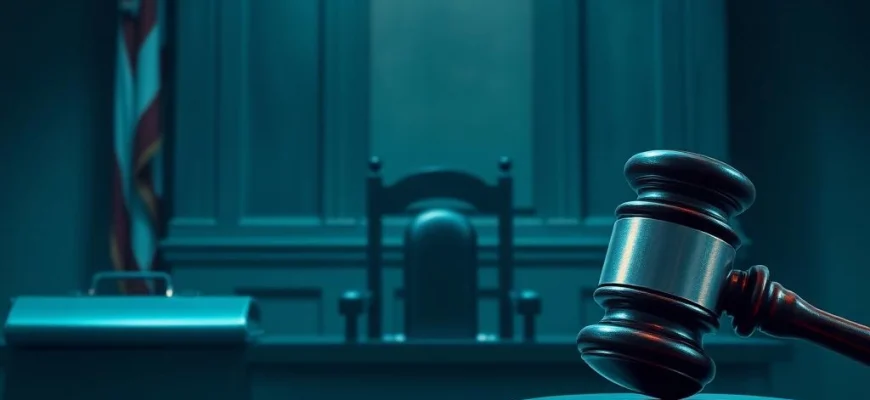If you were captivated by the gripping true-crime documentary 'Killing Richard Glossip' (2017), you're likely craving more stories that delve into wrongful convictions, investigative journalism, and the complexities of the justice system. This article highlights 10 similar movies and shows that will keep you on the edge of your seat, offering the same mix of suspense, moral dilemmas, and real-life drama.
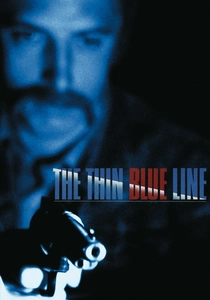
The Thin Blue Line (1988)
Description: A groundbreaking documentary that explores the flaws in the justice system through the case of a wrongfully convicted man, using reenactments and interviews to challenge official narratives.
Fact: The film's investigation led to the eventual exoneration of Randall Dale Adams, the man it portrayed as innocent. It popularized the use of reenactments in documentaries.
 Watch Now
Watch Now 
Murder on a Sunday Morning (2001)
Description: Follows the defense team's efforts to prove a teenager's innocence in a murder case, exposing police misconduct and rushed judgments in the justice system.
Fact: Won the Academy Award for Best Documentary Feature. The accused was acquitted after the documentary highlighted flaws in the prosecution's case.
 Watch Now
Watch Now 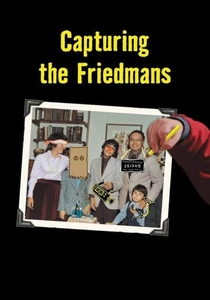
Capturing the Friedmans (2003)
Description: Delves into a family's disintegration amid allegations of child abuse, presenting conflicting accounts that leave the truth ambiguous.
Fact: Nominated for an Academy Award. The director used extensive home video footage shot by the family themselves.
 Watch Now
Watch Now 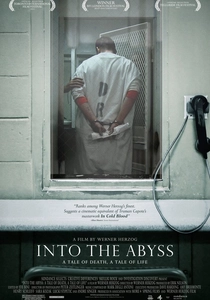
Into the Abyss (2011)
Description: A deep dive into a capital murder case, exploring the lives affected by the crime and the complex moral questions surrounding execution.
Fact: Director Werner Herzog interviews a death row inmate just days before his execution. The film opposes capital punishment without being overtly political.
 Watch Now
Watch Now 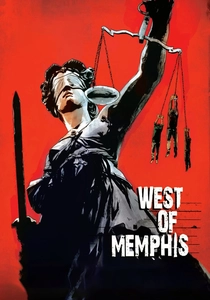
West of Memphis (2012)
Description: Chronicles the long fight to free the West Memphis Three, showcasing how media attention and new evidence can challenge wrongful convictions.
Fact: Produced by Peter Jackson. The film contributed to public pressure that led to the release of the three men after 18 years in prison.
 Watch Now
Watch Now 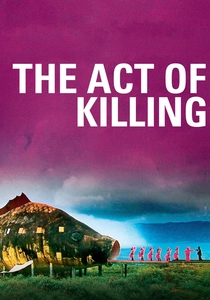
The Act of Killing (2012)
Description: A unique approach to examining historical violence, where perpetrators reenact their crimes, blurring the lines between documentary and psychological exploration.
Fact: Nominated for an Academy Award. The film's method of having killers reenact their crimes was controversial but groundbreaking.
 Watch Now
Watch Now 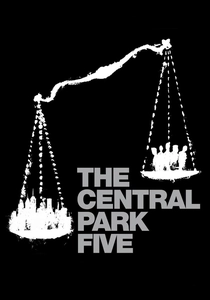
The Central Park Five (2012)
Description: Examines a notorious case of wrongful conviction, highlighting systemic racism and coercive interrogation tactics that led to false confessions from teenagers.
Fact: The case became a symbol of racial injustice in the U.S. The five men were exonerated after the real perpetrator confessed and DNA evidence confirmed his guilt.
 Watch Now
Watch Now 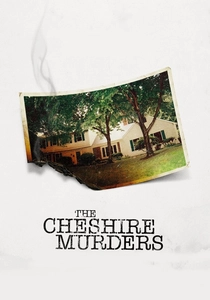
The Cheshire Murders (2013)
Description: Examines a brutal crime and its aftermath, focusing on the death penalty debate and the impact on victims' families.
Fact: The film provides rare access to the families of victims and the legal teams involved in a high-profile capital punishment case.
 Watch Now
Watch Now 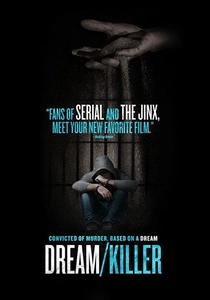
Dream/Killer (2015)
Description: Follows a father's relentless fight to free his son from a wrongful murder conviction, exposing flaws in forensic evidence and prosecutorial overreach.
Fact: The case involved controversial bite mark evidence, which has since been widely discredited in the forensic community.
 Watch Now
Watch Now 
The Witness (2015)
Description: Investigates a famous murder case through the perspective of the victim's brother, revealing inconsistencies in witness testimonies and police work.
Fact: The film's subject spent years re-examining his sister's murder case, uncovering new evidence that contradicted the official story.
 Watch Now
Watch Now 
